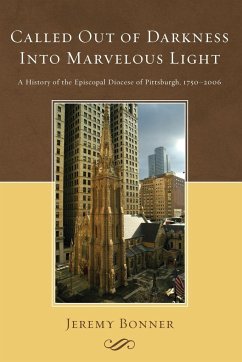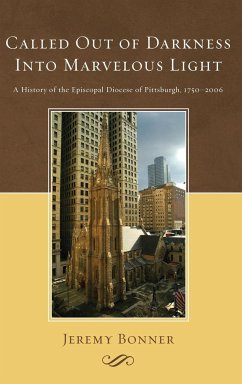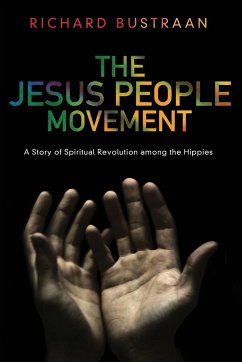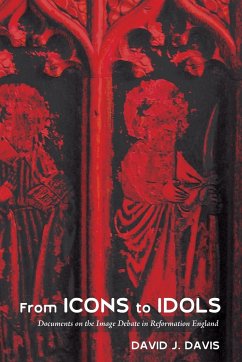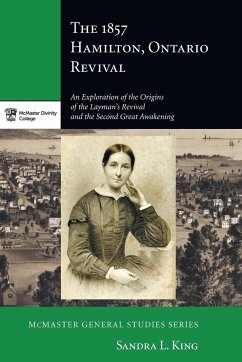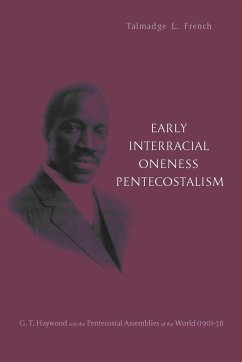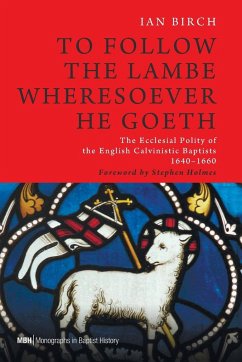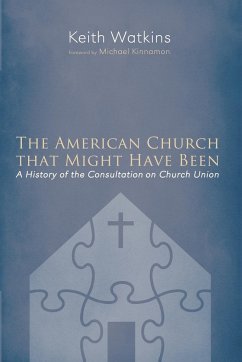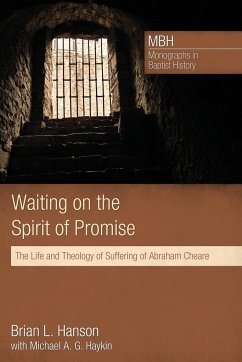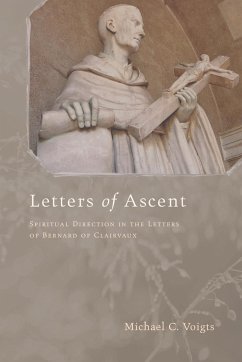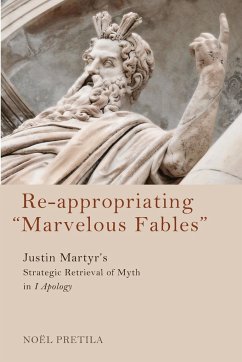
Re-appropriating "Marvelous Fables"
Versandkostenfrei!
Versandfertig in 1-2 Wochen
21,99 €
inkl. MwSt.
Weitere Ausgaben:

PAYBACK Punkte
11 °P sammeln!
Edwin Hatch provided a colorful portrait of the religious world to which Justin Martyr belonged: "The main subject-matter of . . . literary education [amongst the pagans] was the poets. . . . They were read as we read the Bible. They were committed to memory. The minds of men were saturated with them. A quotation from Homer or from a tragic poet was apposite on all occasions and in every kind of society" (The Influence of Greek Ideas on Christianity, 1957). So when some of these pagans converted to Christianity in Justin's day, is it reasonable to assume that they simply "forgot" these mythica...
Edwin Hatch provided a colorful portrait of the religious world to which Justin Martyr belonged: "The main subject-matter of . . . literary education [amongst the pagans] was the poets. . . . They were read as we read the Bible. They were committed to memory. The minds of men were saturated with them. A quotation from Homer or from a tragic poet was apposite on all occasions and in every kind of society" (The Influence of Greek Ideas on Christianity, 1957). So when some of these pagans converted to Christianity in Justin's day, is it reasonable to assume that they simply "forgot" these mythical narratives in which they had been reared from childhood? Re-appropriating "Marvelous Fables" sets out to argue that this was hardly the case. Rather, Justin in 1 Apology can be seen taking full advantage of this mythical framework that still loomed large in the minds of fledgling Christian believers and students in his care--masterfully re-appropriating this popular form of religious discourse for the purpose of solidifying their newfound faith.





